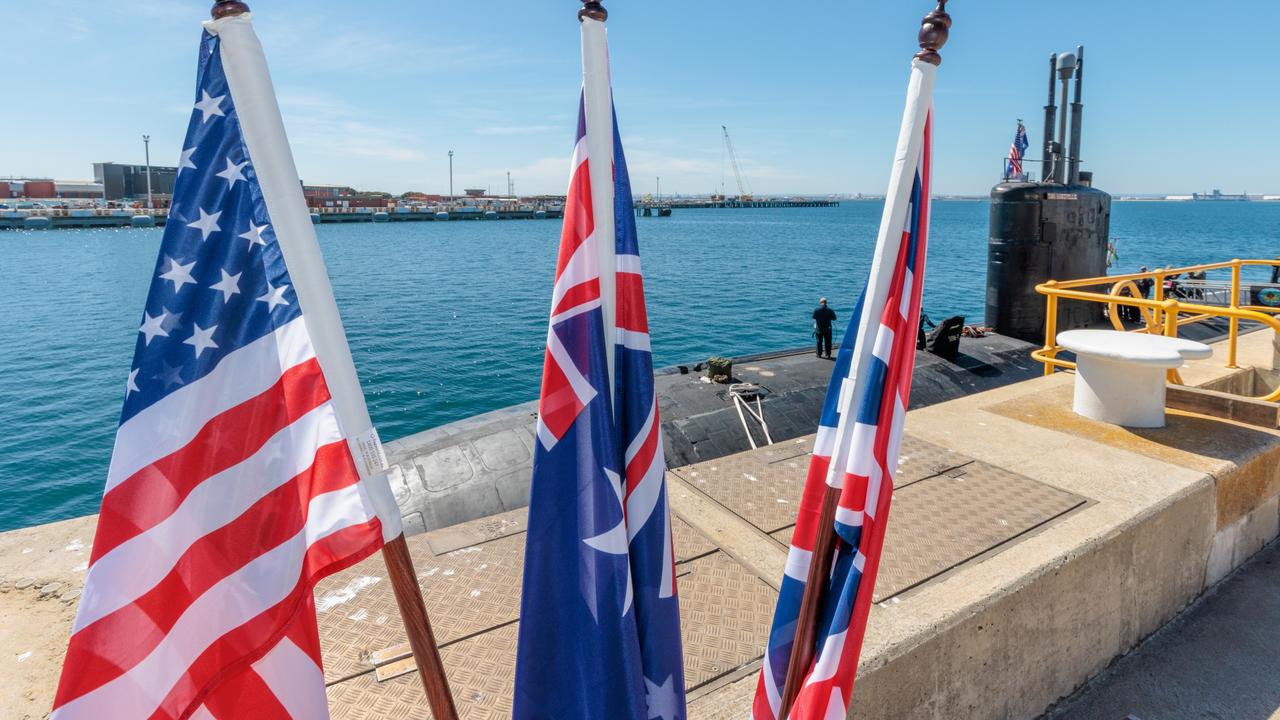Guinness beer under threat from Brexit
Booze is the island of Ireland’s best-known export and biggest tourist attraction — and it could be hit hard if politicians can’t do a deal on Brexit.
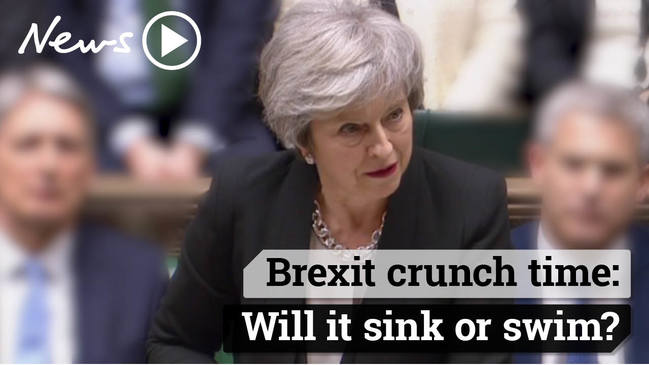
World
Don't miss out on the headlines from World. Followed categories will be added to My News.
Booze is the island of Ireland’s best-known export and biggest tourist attraction — and it could be hit hard if politicians can’t do a deal on Brexit.
Alcohol — Irish whiskey, cream liquors, cider and beer, including the behemoth Guinness — are all bracing for possible price rises, supply chain problems and a loss of visitors to their breweries and distilleries if the UK and the EU put up barriers — physical or financial — after Brexit day on March 29.
Guinness is emblematic of the problems the island could face if a border or tariffs go up between Northern Ireland and the Republic of Ireland when Brexit kicks in.
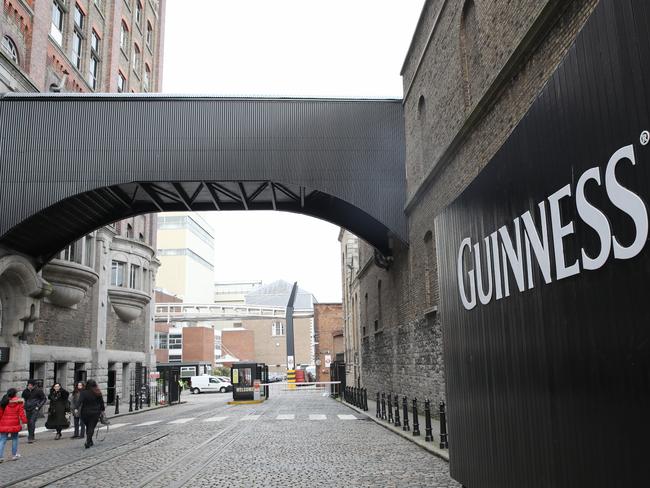
The famous black stout is brewed in Dublin, in the Republic of Ireland, shipped in tankers two hours up the road to Belfast, in Northern Ireland, where it is packaged into cans and bottles.
It is then trucked back across the border to Ireland and shipped out of Dublin all across the world, including to the UK.
In fact, 71 per cent of all beer sales from Ireland go back to the UK, as do 85 per cent of cider sales.
An invisible border allows it to happen seamlessly and without extra costs or delays.
Now, the alcohol industry is deeply concerned about what could happen if a deal can’t be done to prevent a border or tariffs being introduced that will once again divide the island in two.
William Lavelle is the senior executive at the Alcohol Beverage Federation of Ireland, and said: “the Irish drinks industry is an all-of-Ireland industry. That’s the way it’s always been for hundreds of years.’’
“It’s survived partition, its survived the Troubles and now this,’’ he said.
“Beer, whiskey and cream liquors, they’re the three main exports of the island of Ireland. All three have cross border supply chains and cross-border production.’’
As well as beer being brewed in the south and sent by tanker north for bottling, whiskey is made from malted barley from the south which is trucked to the north for distilling and maturing, before coming back down south for blending.
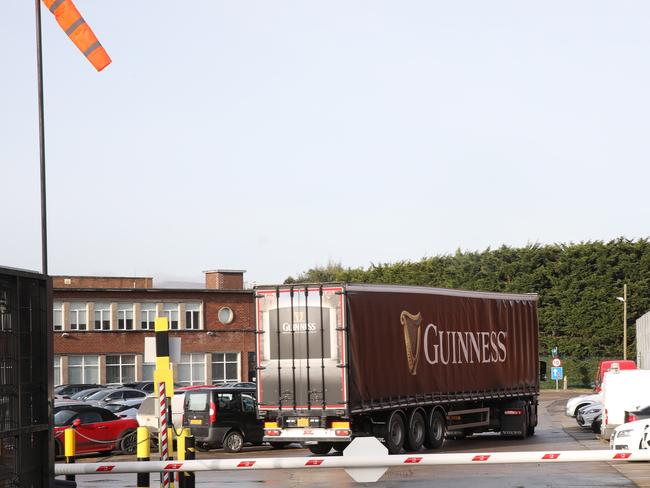
Cream liquors, which account for 5 per cent of the entire island’s dairy industry, is made from milk from across the country, including from cows in Northern Ireland, which is then processed in the south.
“The border doesn’t exist at the moment,’’ Mr Lavelle said.
“There is no physical frontier, no tariffs, no checks.
“There’s a single computerised system, a perfectly operational north/south system.’’
American company Diageo owns the giant Guinness brand, and other products well known in Australia such as Bailey’s Irish cream.
Its historic Guinness brewery is Dublin, operating since 1778, attracts 1.7 million visitors a year, making it the country’s largest paid tourism attraction.
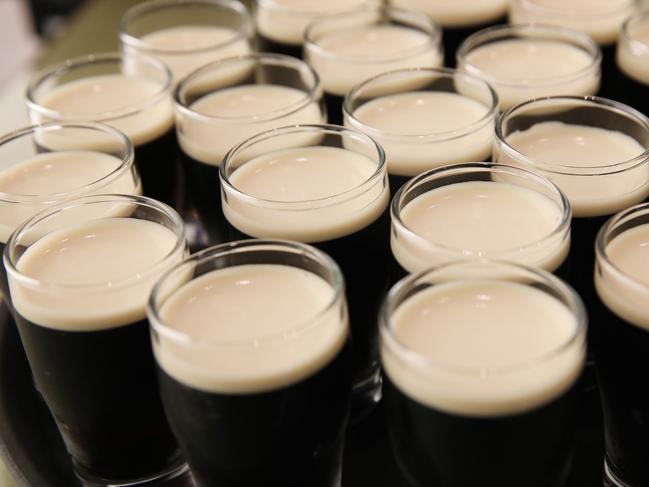
The company has such a global reputation — the Guinness Book of World Records was originally designed as a marketing gimmick to sell its beer — that politicians are using it to warn of the dangers of a no-deal Brexit.
Liberal Democrat leader Vince Cable warned of potential price rises and that the UK could face a Guinness shortage in the event of a no-deal Brexit.
Following meetings with Diageo management, Mr Cable told the Daily Mail in London that Diageo “depends on having frictionless borders.’’
“Anything that screws up their trade is a problem for them,’’ he said.
“There are some specific issues — the supply chains in Ireland, for example, go across the Irish frontier.
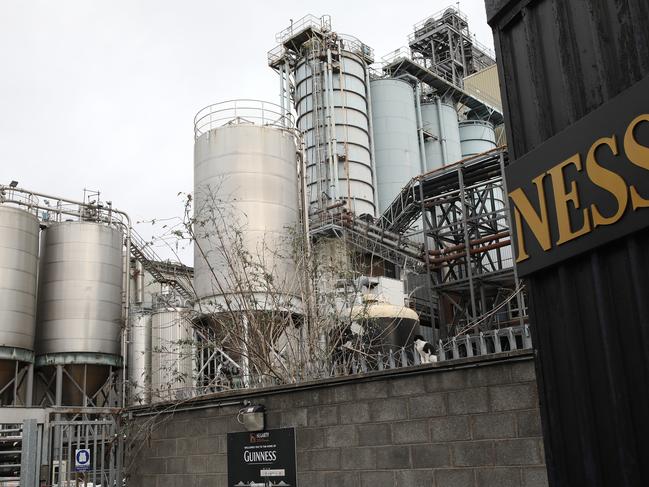
“You’ve got whisky going one way and cream going the other to make Baileys.
“If the Irish border is a problem then they have a serious problem as a company.
“You can envisage a situation in which Guinness and Baileys, which are the two brands which are the most affected, are seriously disrupted.
“In an extreme scenario, where there is no deal or a very bad deal, you could see these favourite products drying up.”
The suggestion that cost of a pint of Guinness could go up or disappear under Brexit caused horror across the UK, where the black stuff is widely consumed.
Diageo declined to comment to News Corp, saying they did not wish to speak publicly about Brexit.
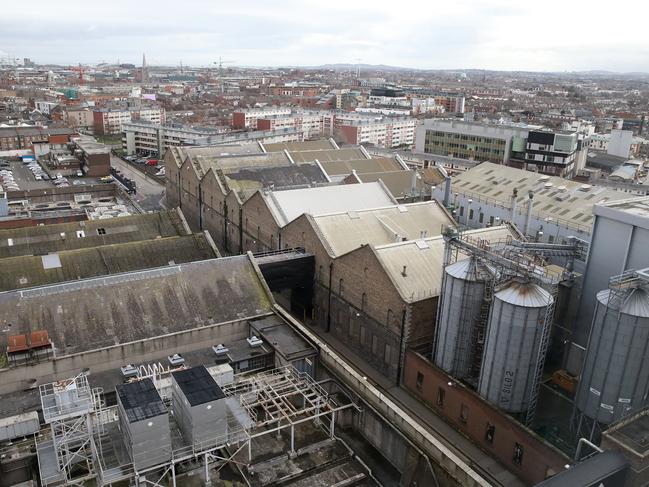
As a giant global company — Diageo reported net sales in 2017 of $21 billion — the company could potentially absorb any economic impact of Brexit, although it has tipped a no-deal Brexit resulting in delays would add 100 euros ($158) to each truck movement across the border.
With 13,000 beer-related truck movements a year, that would put an additional $1.5 million hit to the bottom line.
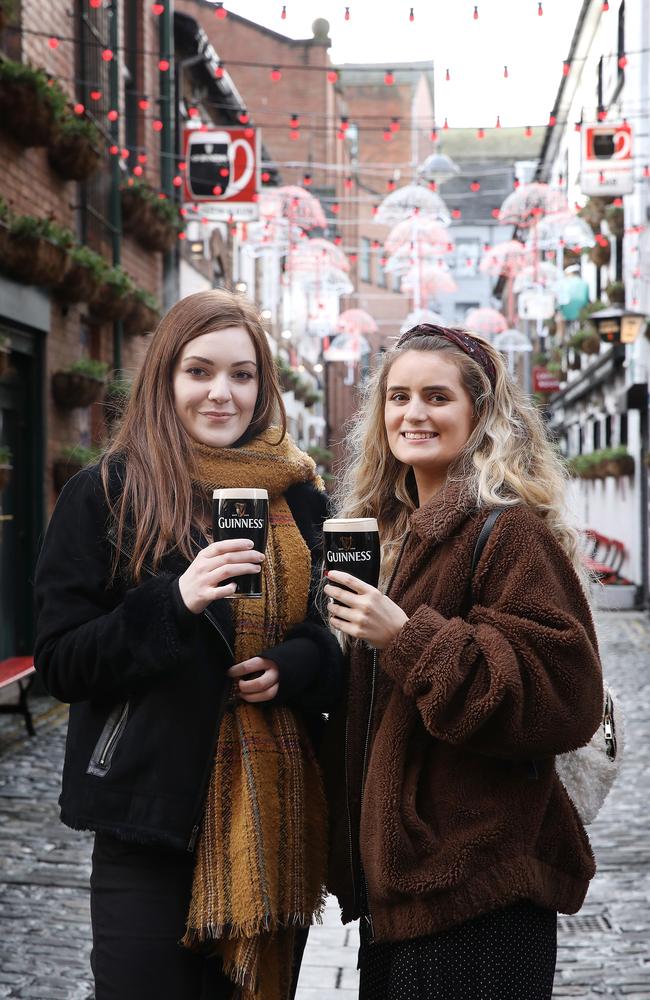
Some of the ingredients in Bailey’s cream crosses the border three times before it is shipped overseas.
But it’s the smaller companies, particular whiskey and cider producers, that could be hardest hit.
Mr Lavelle said 95 per cent of spirits made on the island were exported, and spirits were one of the biggest drivers of the Northern Ireland economy.
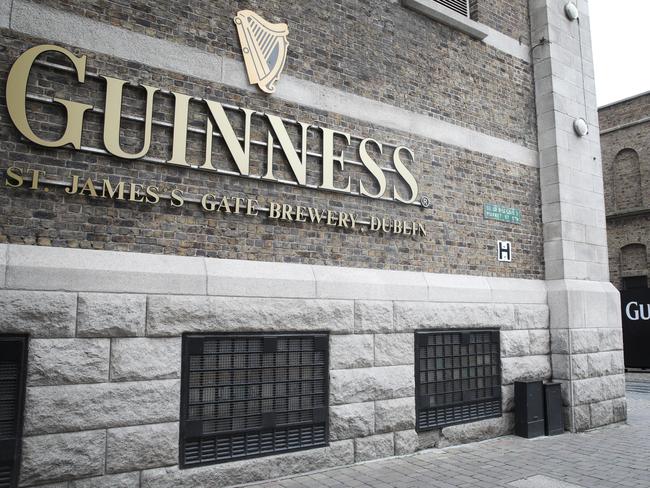
He said a no-deal Brexit would hit both finished products, which would cost more for consumers, and supply chain costs.
For example, 130 million glass bottles were imported into Ireland every year from the UK to be used to bottle alcohol, and they would be tariffed at 5 per cent under a no-deal.
Small cider producers would face an extra 7.2 per cent tariff on their finished products, while cream from dairies in Ireland being sent to Northern Ireland to be turned into cream liquors would face tariffs of 9 per cent.
Mr Lavelle said that put simply, tariffs raised costs, and businesses would either have to raise their prices or cut investment to absorb those costs.
In Northern Ireland, Belfast work colleagues Aisling Farmer, 25, and Meghan Wilkinson, 22, both enjoy a drop of Guinness, and said they were worried about the impact of Brexit across the country.
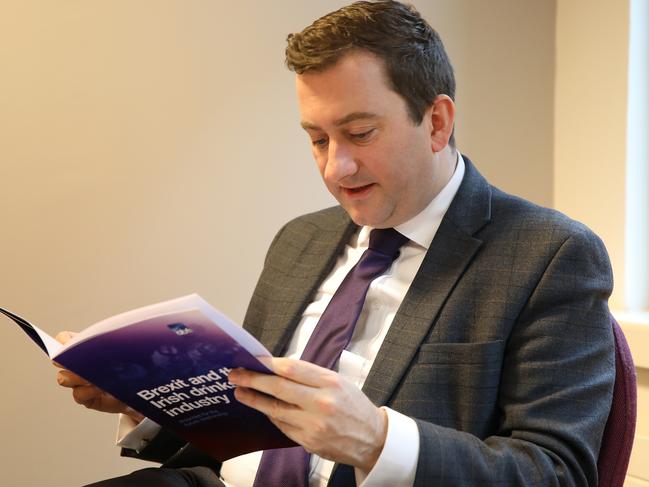
“I think Brexit is going to be detrimental to a country like this,’’ Aisling said.
“My father’s a farmer and there are questions about what it will do to the fairs and markets, the trading laws and the animals on the border.
“Also (it could impact) products that are unique to Ireland like Guinness. It would be a real shame if they had to bring it out of Ireland, and make it more distant.’’
Megan, who like Aisling voted for the UK to Remain within the EU, said she thought Brexit would impact negatively in a number of ways.
“People come here for the Guinness,’’ she said.

